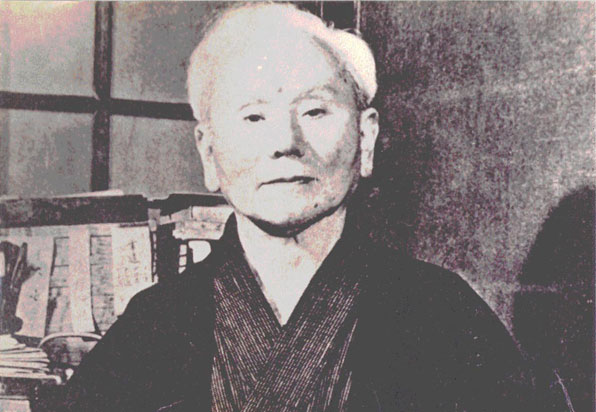“Do not forget the spirit and humility of a beginner.
‐ Funakoshi Gichin

There are many different styles and schools of Karate. The techniques taught all have ancient Chinese and Okinawan origins. However “karate-do” (the way of karate) is a Japanese Martial Art which formally came into existence in 1935. At that time, Funakoshi Gichin, the modern master of this art, published the first text on this subject entitled Karate-do Kyohan, and changed the previously used Chinese name (characters meaning “chinese hand”) to Japanese characters meaning “empty hand” (kara – empty, te – hand). Funakoshi chose this name for its meaning in Buddhist Philosophy; rendering oneself empty. His purpose was to provide a “way” for perfection of character. In 1955, he founded the Japanese Karate Association (JKA) and instituted the formal guidelines and methods of this art.
Affiliates of the JKA represent the largest traditional karate organization world-wide with over 1 million practitioners. Many of the most senior instructors in these organizations have been taught by Funakoshi himself and they continue to be completely dedicated to the highest ideals of this art.
In the U.S. , only a handful of organizations teach JKA-style karate, also known as Shotokan Karate (Funakoshi was not only dedicated to karate but was also a school teacher and a poet who used the pen name “Shoto”).
Traditional Shotokan training has been offered for over 31 years at SDSU through courtesy of the campus Shotokan Karate Club. The chief instructor is Dr. Jacques Perrault, who holds a sixth degree black belt from the American Shotokan Karate Alliance (ASKA). Sensei Perrault is also a Professor of Biology at SDSU and leads an active research team in the field of Molecular Virology.
Women and Men of all ages can greatly benefit from karate training and are most welcome to join us (You don’t have to be a student to do so). The rigorous and integrated physical and mental training is very rewarding for anyone willing to make the effort. The goal is nothing less than an unending search for “perfection of character” through “perfection of technique”.
We invite you to watch our training in progress.